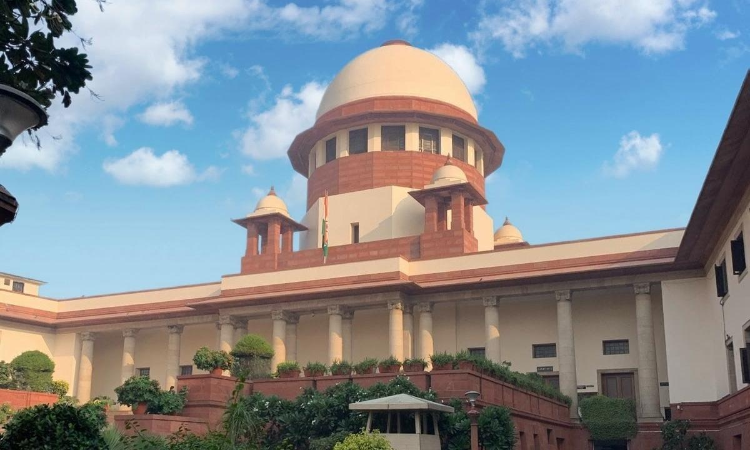Power To Commute Sentence Imposed Under Section 302 IPC Is With State Govt And Not Union : Supreme Court
Sohini Chowdhury
18 May 2022 10:16 PM IST

Next Story
18 May 2022 10:16 PM IST
The Supreme Court, on Wednesday, while exercising power under Article 142 of the Constitution to release A.G. Perarivalan, one of the convicts in Rajiv Gandhi's assassination, restated that Governor has the power under Article 161 to remit/commute/pardon sentences imposed under Section 302 of the Indian Penal Code, 1860, since the executive power of the State extends to the...
